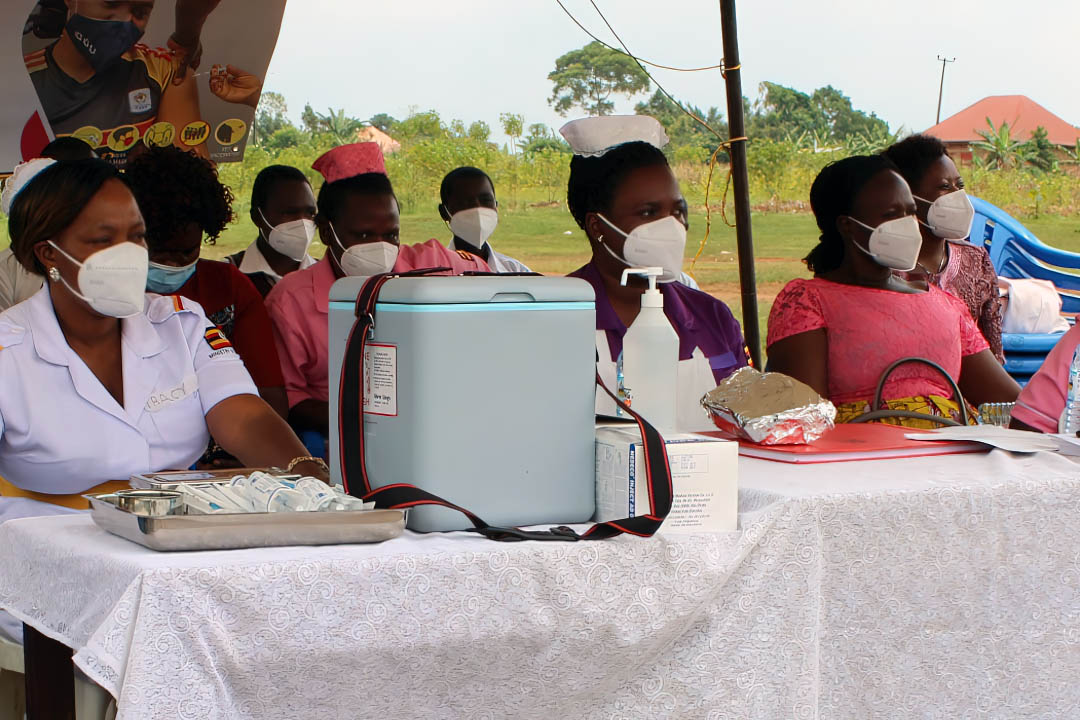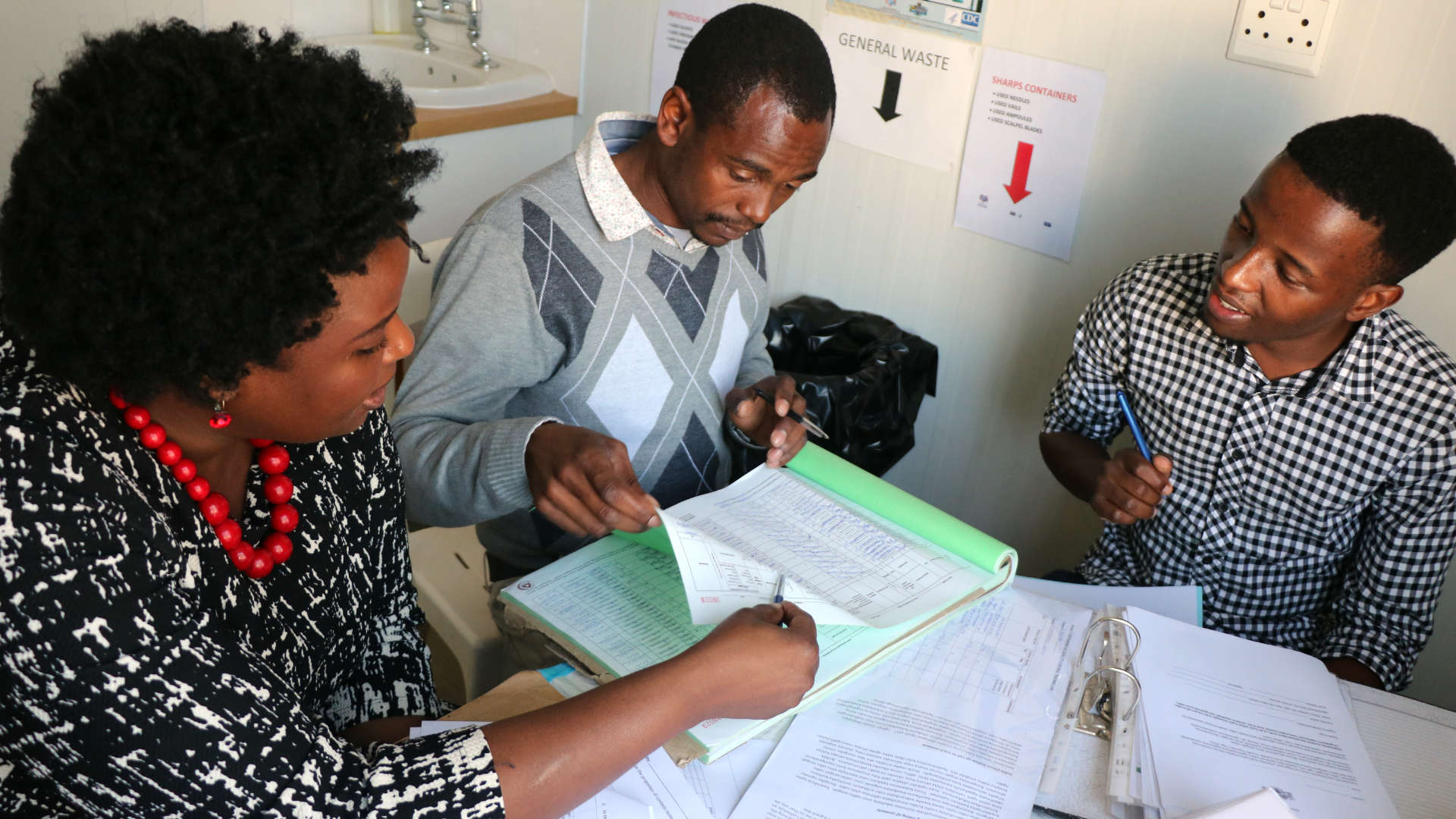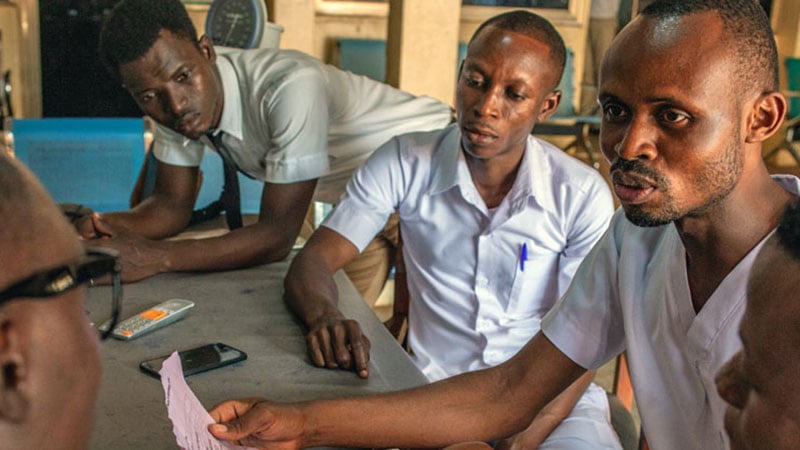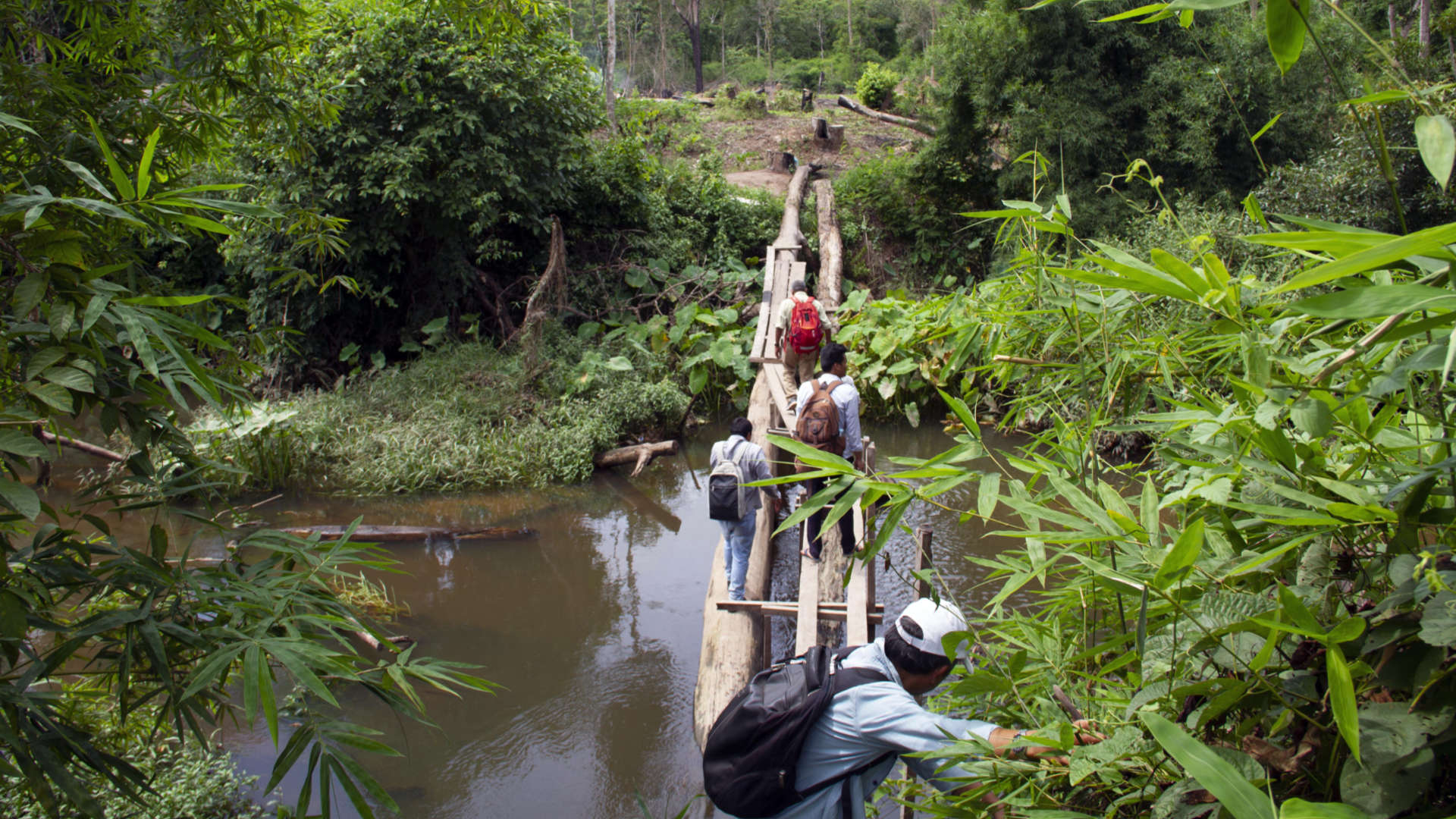Each year on May 12, in commemoration of International Nurses Day, the global community recognizes the crucial role of nurses at the forefront of delivering quality health care and building strong health systems.
The day – established in 1974 by the International Council of Nurses – commemorates Florence Nightingale, the founder of modern nursing. Her efforts relating to improved hygiene helped save the lives of soldiers wounded in the Crimean War: soldiers’ death rate declined from 42% to 2%. Nightingale exemplified the central role of frontline nurses in the delivery of quality care – and the improved health outcomes resulting from that care.
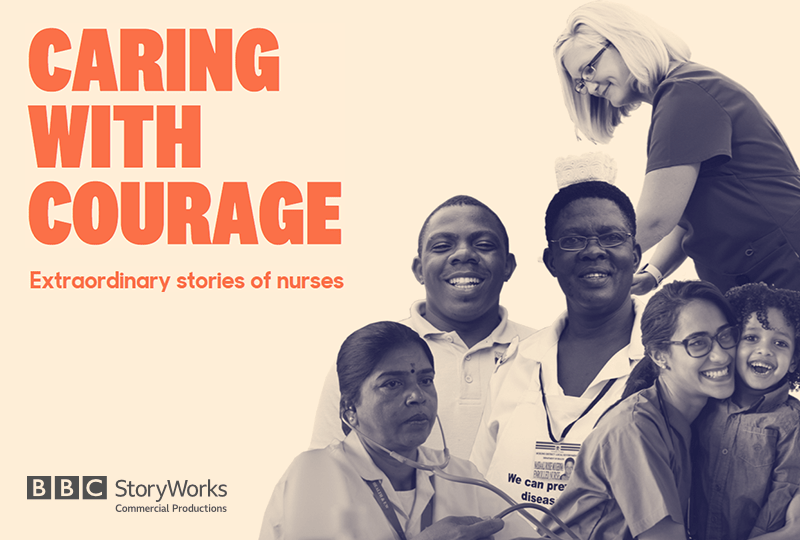
Training Nurses for the Frontlines
The selfless – even heroic – role of the nurse has gained renewed global attention since the onset of the COVID-19 pandemic. This year’s International Nurses Day theme is “A voice to lead – Invest in nursing and respect rights to secure global health.”
How can we better invest in the development, training, and quality improvement process of the nursing workforce to strengthen health systems, maximize nurses’ performance, and at the same time, ensure their safety and well-being?
URC commends the many nurses we work with. Nurses face tremendous challenges, and health systems need to better support them to do their jobs well.
In Jordan, after learning of an unmet need for advanced critical care skills in nurses, the Health Services Quality Accelerator Activity in Jordan, led by URC, implemented trainings in critical care skills for nurses to enhance the provision of care for COVID-19 patients. The training filled an unmet need due to the high demand for critical care due to the COVID-19 pandemic.
As part of the three-day training workshop, nurses acquired evidence-based knowledge and skills for the recognition and management of severe COVID-19 disease, and learned how to monitor critically ill patients, improve oxygen therapy, and deliver appropriate treatment regardless of disease severity. Majd Ghanem, a participating nurse and recent graduate assigned to a field hospital said, “The knowledge provided corrected misconceptions I previously had. I knew how to recognize symptoms and signs of a severe case but now I know how to respond.”
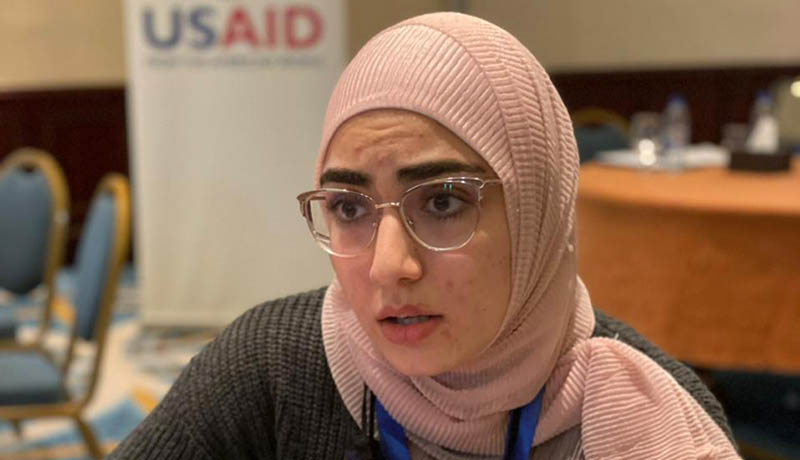
Giving Nurses the Skills and Tools to Fill Unmet Needs
Nurses fill a critical role in the delivery of health care across the lifespan extending beyond health facilities into communities and households. They are often involved in multiple facets of health care delivery, including prevention, promotion, response, and management of chronic and infectious diseases, as well as primary care including reproductive health.
In the Philippines, the USAID Bangsamoro Autonomous Region in Muslim Mindanao for Health (BARMMHealth) Project, led by URC, supports efforts to improve the quality of family planning, maternal, and child, and adolescent health services, including the critical role of nurses in meeting unmet needs in marginalized populations. In supported provinces, the project carries out competency-based family planning counseling and services training for nurses. Nurses are also being trained on the adolescent job aids to deliver adolescent- and youth-friendly health services in hospitals, primary care facilities, and schools. The project provided skills building for nurses to lead quality improvement teams to implement changes and solutions for continuous process improvement in primary care and clinical settings.
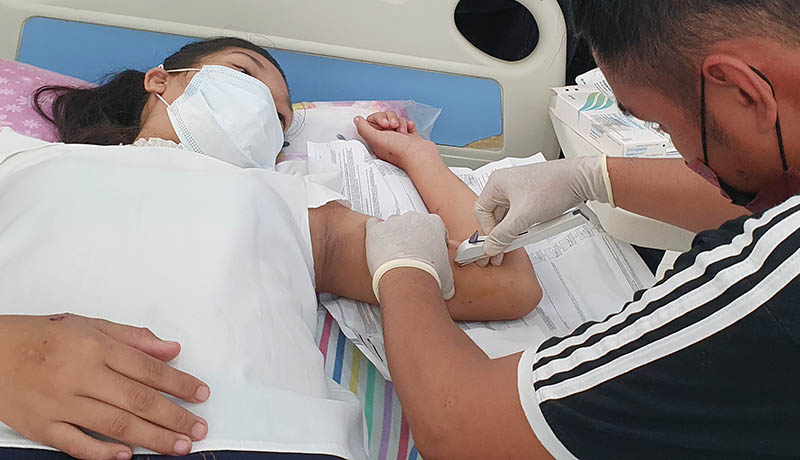
At the facility level, timely and relevant training of nurses can protect the lives of those whose needs were previously unmet. In Uganda, the USAID-funded Regional Health Integration to Enhance Services in Northern Uganda (RHITES-N, Acholi Activity) and Regional Health Integration to Enhance Services in East Central Uganda Activity (RHITES-EC) – both led by URC – have made strides to reduce perinatal mortality in Uganda. Following construction of newborn care intensive units, the RHITES-N, Acholi Activity’s support for nurses has included enhanced pre-service training, continuing professional development, monthly mentorship and coaching, and quarterly learning sessions.
Similarly, USAID RHITES-EC has ensured training and mentorship of nurses in refurbished neonatal units, emphasizing the careful examination of newborns before discharge. This has resulted in 100% of newborns with sepsis receiving appropriate treatment, and a 68% decline in the institutional neonatal mortality rate in Busoga region from 16/1,000 at baseline in October 2016 to 5.13/1,000 by September 2021.
Ensuring Nurses’ Motivation and Well-Being
In the past, health workforce strengthening efforts directed at nurses have focused exclusively on knowledge and skills transfer. We have since improved our understanding of what it takes to empower, motivate, and retain nurses as crucial members of medical teams.
URC employs a quality improvement approach that is team-based and gives nurses the space to identify problems and create solutions with the rest of their team. This results in greater job satisfaction for nurses, motivating them to flourish in their leadership roles.
Independent of that QI process to empower nurses, URC also supports advocacy efforts to increase staffing levels and wages to attract and retain nurses. The RHITES-EC Activity participated in advocacy efforts to revise staffing norms and increase wage allocations at both district and national levels. Replacement recruitment efforts including the recruitment of 34 additional nurse-midwives, 58 nurses, 23 nursing officers, and three nursing assistants – under the activity helped to maintain staffing levels at 73% from July 2020 to July 2021.
Showcasing the Impact of One Nurse in Uganda
URC is part of the International Council of Nurses global series Caring with Courage: Extraordinary Stories of Nurses online series, produced by BBC StoryWorks Commercial Productions. Launching today, this series highlights the extraordinary work of nurses around the world.
Without nurses, our global work, and programs’ success would not be possible. Now more than ever, it is essential to support and invest in nurses. Improving global health depends on it.
